Are you contemplating replacing your conventional petrol-powered vehicle with a full-electric car?
Owning an electric car has many key advantages, especially lower maintenance costs and little environmental impact.
But like any new technology, electric cars (EVs) have their disadvantages, which is why you need to consider the following crucial factors before you make the switch to a battery-powered car.
Contents
1. Your Needs and Lifestyle
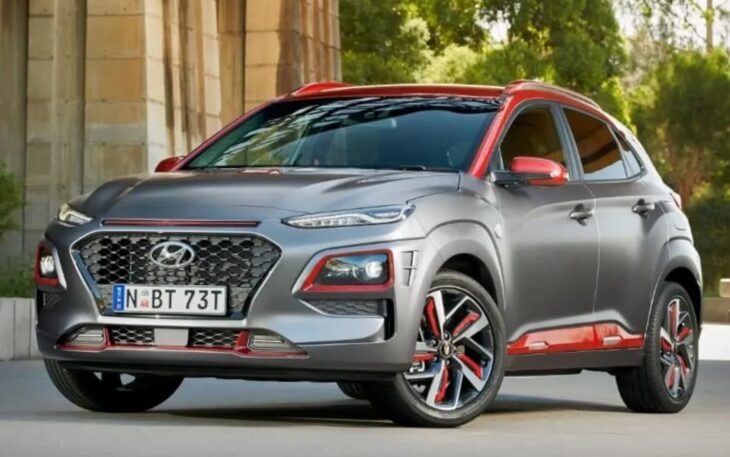
Source: CarsGuide
This, obviously, is the most important factor to consider. In fact, this is where all other factors come into play – the range, charging station availability, size, and so on. The type of electric vehicle you want to buy should suit your lifestyle and meet your needs
If you have a growing family, for instance, you’ll need an EV such as a Hyundai Kona SUV or the Nissan Leaf that’s relatively affordable with a decent amount of space for your kids and items.
2. Your Driving Range
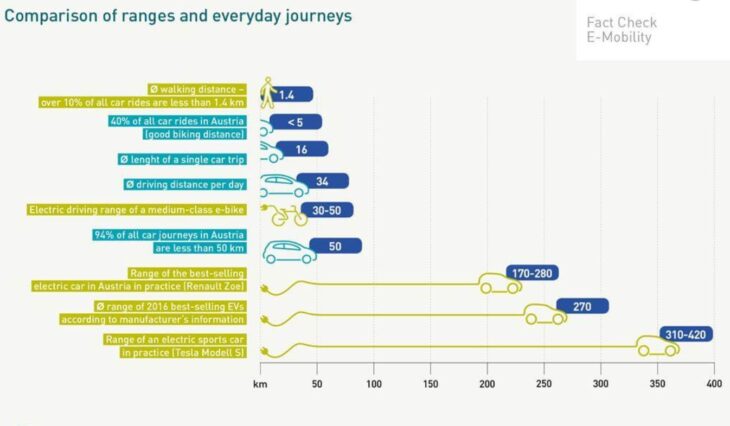
Source: Faktencheck Energiewende
The driving range is the biggest issue for many people considering an eclectic vehicle. You need to take into account the distance the EV model you want to buy can cover before the battery needs another charge.
Depending on your needs and lifestyle, consider how far your workplace is and how many miles you’re going to be driving per week. The good news is, as the technology behind EVs continues to evolve, driving range will cease to be an issue. Currently, you can get up to 400 miles from a Tesla Model S battery which is a considerable distance for city dwellers. It means you the car can handle your weekly commuting on a single charge
If you drive only 50-80 miles each day, then any of the EVs on the market will meet your needs.
Maximum ranges vary widely from one model to another. So, if you don’t want to get stranded, make sure to check the maximum range of the electric cars on your shortlist.
3. Charging Availability and Convenience
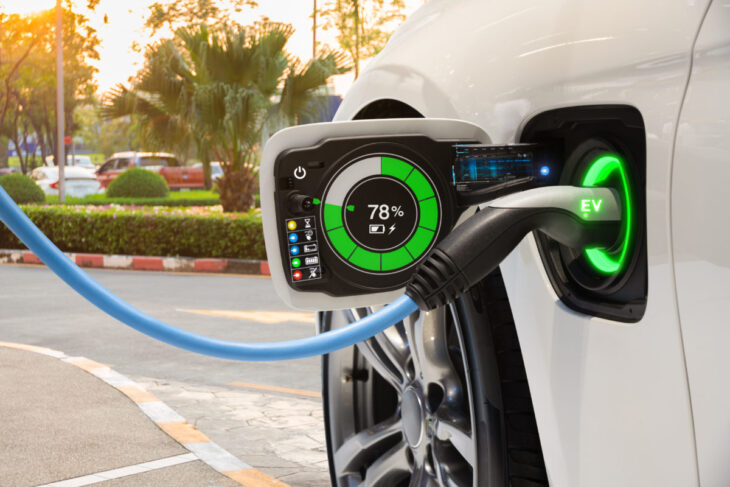
Source: FleetCarma
Charging is particularly a deciding factor. Considering when and where you will charge your electric car is a must. You must also take cognisance of the fact that some public charging stations may not be compatible with your choice of EV.
You can charge your electric at home overnight or whenever it’s convenient for you. But you should know that full charge takes from six to 12 hours. There are fast chargers that can charge your vehilce from thirty minutes to one hour depending on how small or large your battery is, but they are often not recommended for much use in order not to shorten your battery life.
For public charging stations, there are several apps and websites that list charging stations across the country. Make sure to check those to see if they are close to where you live, shop, and work.
4. Warranty
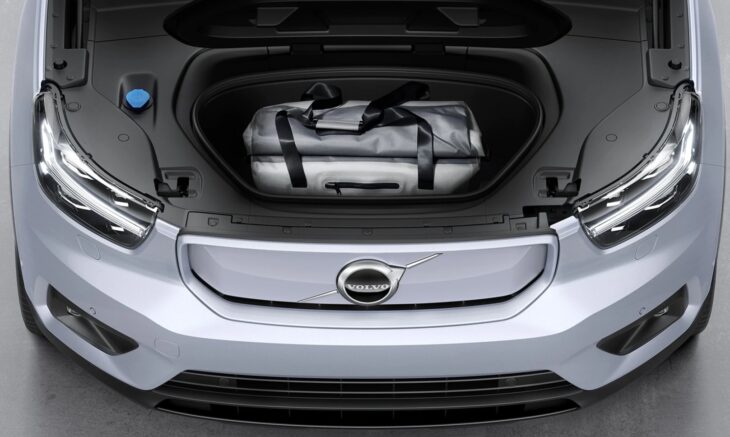
Source: Volvo Cars
EV manufacturers offer a warranty for new electric cars. If any of the components develops any fault within a limited period, the warranty will cover the repairs needed. The duration is usually expressed in years or mileage, whichever comes first. For example, 5 years or 50,000 miles.
The terms of the warranty vary remarkably from brand to brand. So, you need to check to know what it covers, especially if the battery is included in the coverage.
5. All-Electric or Hybrid?
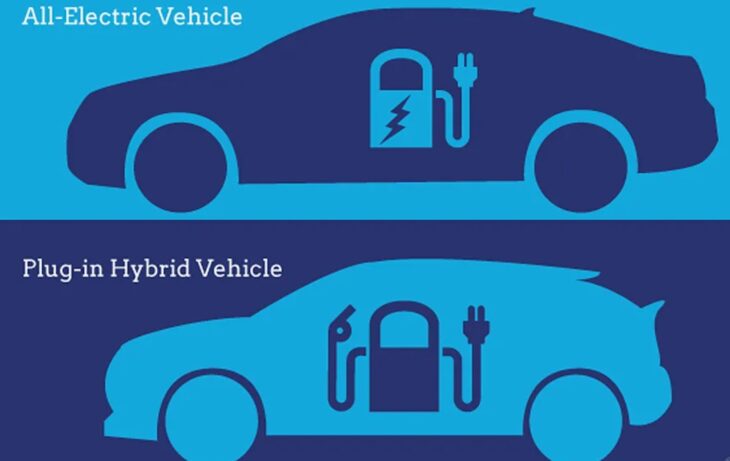
Source: Rapid Repair
If you want to play it safe, you should go for a hybrid car. Hybrid cars use both electric and gasoline engines to move the car. But you should know that a hybrid vehicle will cost you more to maintain.
Also, where you live is a deciding factor. If you stay in a rural area, you may want to go for a hybrid vehicle because of public charging station availability. Although you could install an EV charger in your house to solve that problem.
6. The Cost of Ownership
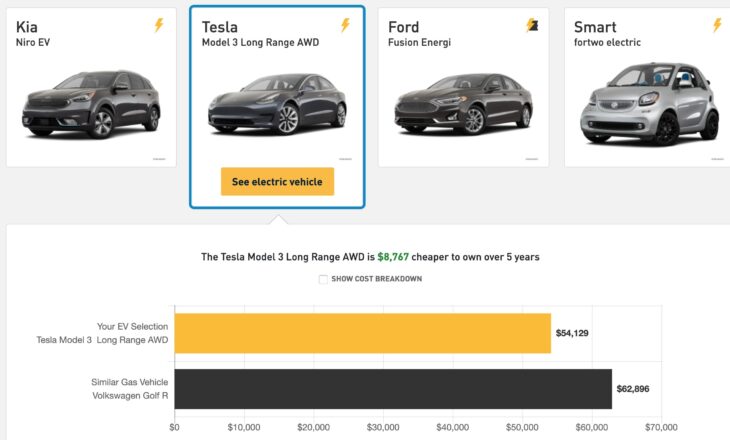
Source: cleantechnica.com
Electric cars are cheaper to operate compared to traditional vehicles and they are certainly more eco-friendly, but when it comes to the cost of ownership, it’s not for everyone.
At the lower, entry-level end of the spectrum, you should expect to be set back about $30,000, while at the fancier end, you should expect to part with about $70,000. If you are going for a more luxury option, then we are talking about $280,000 – $1.2 million.
7. Battery Replacement Costs
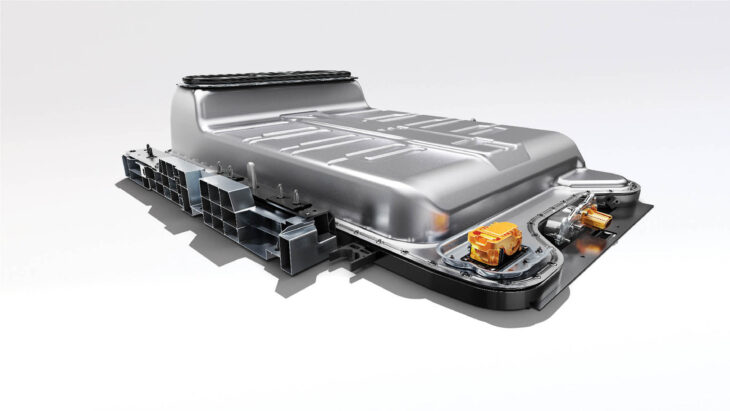
Source: Easy Electric Life – Groupe Renault
A time will come in the life of your EV when you will need to replace its battery. You need to take this cost into consideration because electric car batteries are very expensive. In fact, EV batteries (especially, Lithium batteries) cost about one-third of the total cost of the vehicle. When replacing your battery, you should be prepared to part with $25,000 – $30,000. Some manufacturers offer leasing options, though.
That said, you should know that the price of EV batteries is dropping as more and more firms invest in battery research and engineering. In the future, the cost of operating an EV could be on par with gas-powered cars.
8. Cost of Insurance

Source: Bobatoo
Electric cars cost more to insure than Internal Combustion Engine (ICE) vehicles. In fact, a study found out that auto insurance for EVs is 21% higher. This is because EV batteries are very expensive to replace and they cost more to repair after an accident.
Needless to say, you need to do your due diligence on insurance companies and get quotes for the EVs on your shortlist before you buy. To this end, you can visit www.ami.co.nz to explore your options.
Besides comparing the coverage and insurance companies, you also need to ensure the premium on the chosen plan is within your budget. The cost depends on several factors including the value of the electric car, how old the car is, your age, and so on.
9. Electricity Bills
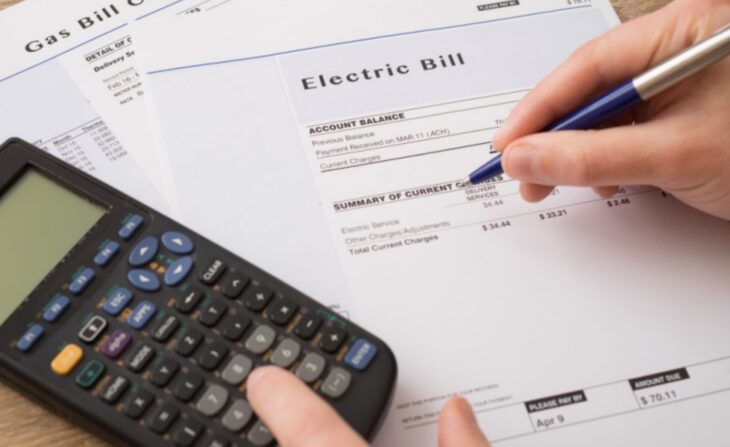
Source: Energy Post
Charging your electric car at home will cost you some money. It will increase your electricity bill but not significantly unless you’re driving very far every week. A single charge overnight is about $4 to $10, depending on the model. If you do 15 miles per day using an average EV, you’re looking at about $25 per month in electricity bills. That’s still way cheaper per mile than your old oil-burner.
10. Available Incentives
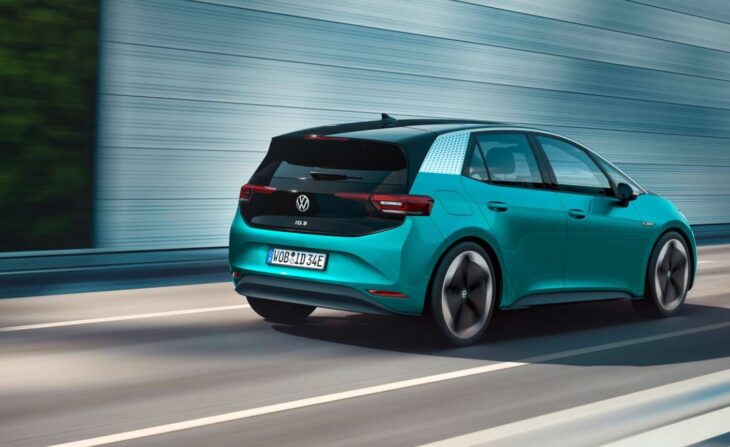
Source: Goodwood
Depending on where you live, some federal and state governments are offering people grants, subsidies, and other incentives to own electric vehicles. The government aims to reduce the environmental impact of gas-powered vehicles and create green jobs. The incentives can significantly reduce the cost of electric car ownership.
For example, in the US you can get up to $7,500 in subsidy from the federal government and states have their own specific grants as well. In the UK, you can access grants and other incentives on some select eclectic cars and charging point installation via OLEV (Office for Low Emission Vehicles). The grant covers 35% of the cost of a car. New Zealand is also not left out as the government has put policies in place to encourage double the number of electric cars by the end of 2024.
Wrapping Up
When you consider the lower maintenance costs, tax exemption, and other operational costs, electric cars are cheaper to own than an internal combustion engine car. What’s more, EVs don’t produce tailpipe emissions, making them good for the environment.
As with any type of vehicle, ensure you do some research to ensure the electric car you’re considering suits your lifestyle and meets your needs. While the EV should have all the necessary features you require, you shouldn’t overshoot your budget.
